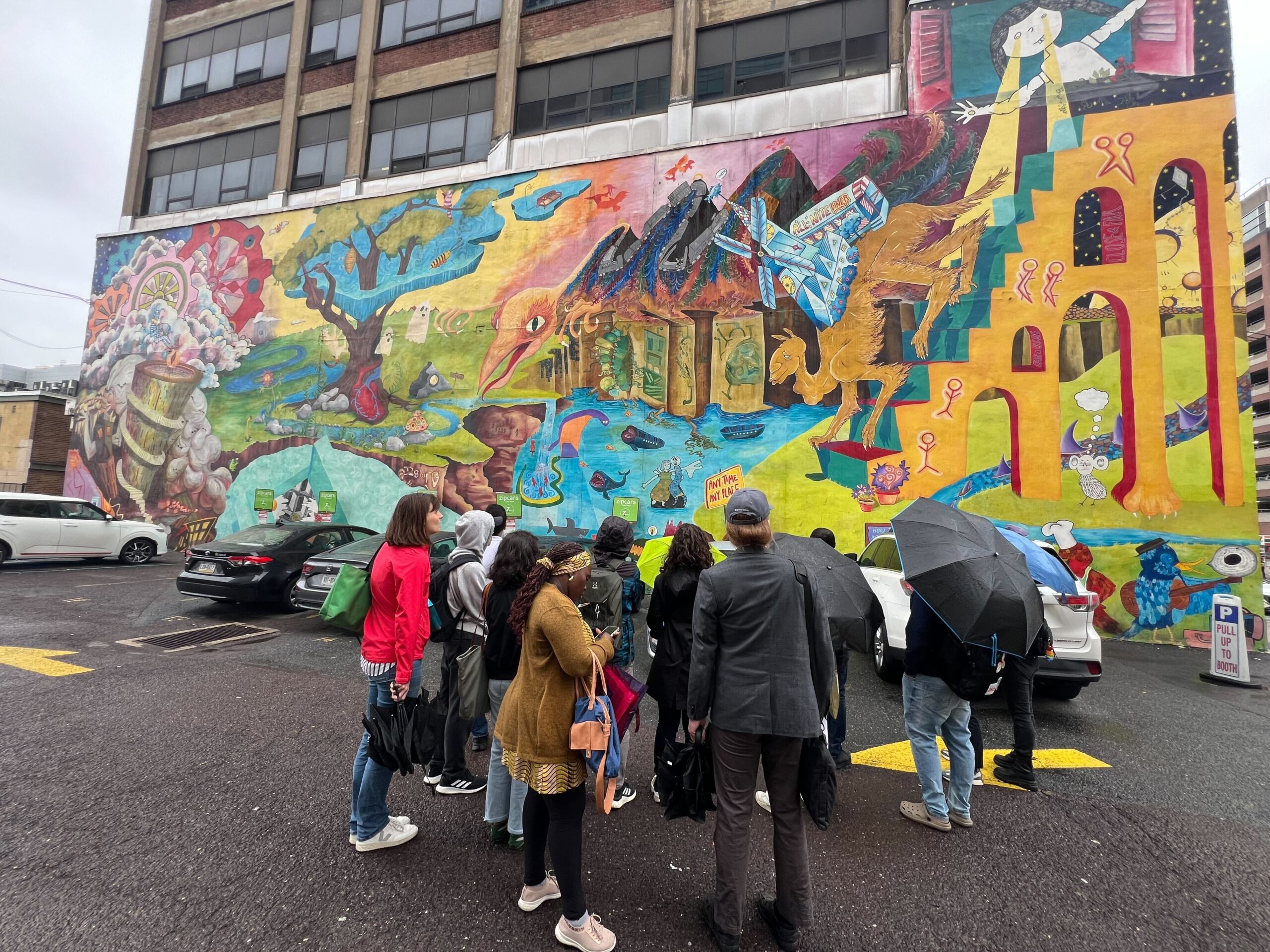
Culture Crossings
Fostering cross-cultural understanding and celebrating Penn’s global community.
About Culture Crossings
Culture Crossings is a series of events designed to foster cross-cultural understanding and celebrate Penn’s global community.
Throughout the year, Culture Crossings hosts a variety of interactive events that highlight Penn’s rich cultural tapestry. From panel discussions and cultural showcases to workshops and social gatherings, participants will have opportunities to engage in meaningful dialogue, deepen their understanding of different traditions and experiences, and explore how our identities shape the world around us.
Join Upcoming Events!
Join us and your peers as we come together to build connections, share unique perspectives, experience life through the eyes of others, and celebrate what makes each of us unique.
Event announcements and registration details for upcoming Culture Crossings events are provided in the ISSS weekly newsletter.
Program participation is open to all Penn students and scholars.
Past Culture Crossings Events
Explore past Culture Crossings events to gain insight into the topics discussed and how we celebrate our rich cultural diversity.

iCommunicate
Managing Frustration, Conflict, and Cultural Barriers: Practical Strategies for Supporting International Students & Scholars

Let’s Talk with Lily About AI
Join ISSS Director Lily Zhang to explore how AI is transforming education and international student success.

Culture Crossings Excursion: Visit BAPS Swaminarayan Akshardham
The Culture Crossings excursion to BAPS Swaminarayan Akshardham offers participants an immersive cultural experience.
Collaborative Sponsorship
Led by International Student and Scholar Services (ISSS), Culture Crossings is co-sponsored by Student Health and Counseling, the Assembly of International Students (AIS), and the GAPSA International Student Affairs committee. Through these collaborations, the Culture Crossings program aims to create a welcoming and supportive environment for all members of the Penn community.